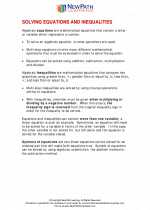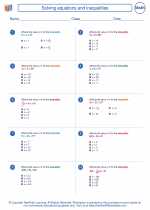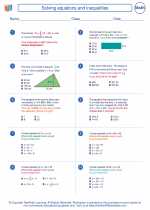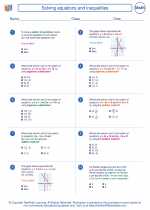Experimental Group: Explanation and Study Guide
Definition:
An experimental group refers to the group of participants in an experiment that is exposed to the variable being tested. This group is compared to the control group, which does not receive the experimental treatment. The purpose of the experimental group is to determine the effect of the independent variable on the dependent variable.
Key Components:
- Independent Variable: The variable that is manipulated or changed in the experimental group.
- Dependent Variable: The variable that is measured or observed to determine the effect of the independent variable.
- Control Group: The group that does not receive the experimental treatment and serves as a baseline for comparison with the experimental group.
Examples:
Examples of experimental groups can include:
- Testing a new drug on a group of patients to measure its effectiveness (experimental group) compared to a group of patients who receive a placebo or standard treatment (control group).
- Exposing plants to different amounts of sunlight to study their growth (experimental group) compared to plants kept in consistent light conditions (control group).
Study Guide:
When studying the concept of experimental groups, consider the following key points:
- Understand the role of the experimental group in an experiment and its comparison to the control group.
- Recognize the importance of the independent and dependent variables in determining the outcome of an experiment.
- Review examples of experimental groups in different scientific studies to grasp the application of this concept.
- Practice identifying the experimental group, control group, independent variable, and dependent variable in given experimental scenarios.
◂Math Worksheets and Study Guides Eighth Grade. Solving equations and inequalities
Study Guide Solving equations and inequalities
Solving equations and inequalities  Worksheet/Answer key
Worksheet/Answer key Solving equations and inequalities
Solving equations and inequalities  Worksheet/Answer key
Worksheet/Answer key Solving equations and inequalities
Solving equations and inequalities  Worksheet/Answer key
Worksheet/Answer key Solving equations and inequalities
Solving equations and inequalities 

 Worksheet/Answer key
Worksheet/Answer key
 Worksheet/Answer key
Worksheet/Answer key
 Worksheet/Answer key
Worksheet/Answer key

The resources above cover the following skills:
Algebra (NCTM)
Represent and analyze mathematical situations and structures using algebraic symbols.
Develop an initial conceptual understanding of different uses of variables.